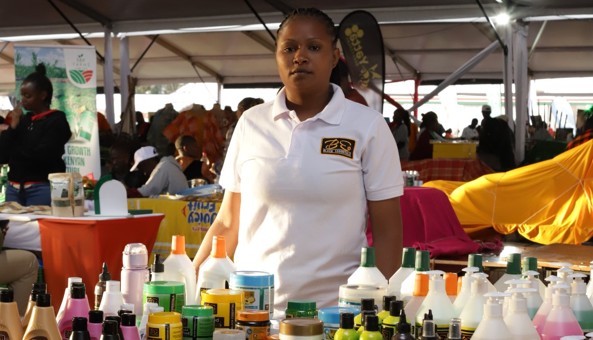Car importers urge KRA to drop new certificate of origin rule

A certificate of origin is a document that shows the country where a good was manufactured. It includes details such as the name, address, and contact information of the manufacturer, exporter, and importer.
Car importers have urged the Kenya Revenue Authority (KRA) to exempt them from a new requirement that demands all imported goods come with a certificate of origin.
They warned that the rule would increase documentation costs by over Sh2 billion annually without adding value to the clearance process.
More To Read
- Ex-Nairobi governor Sonko gets relief as Tribunal directs KRA to unfreeze his bank accounts
- Businesses granted 30-day relief on long-stay container charges at Mombasa port
- Meta to deduct 5 per cent tax on Kenyan creators’ earnings in 2026
- National Treasury says weak revenue, high debt repayments straining Kenya’s budget
- Cars registered before 2019 must reach Kenyan ports by December 2025 - KEBS
- Government shifts cargo clearance to Nairobi, Naivasha in bid to decongest Mombasa Port
Through their lobby group, the Car Importers Association of Kenya (CIAK), the traders said motor vehicles already come with multiple documents, such as logbooks, export papers, and inspection certificates that clearly show the source of the units.
They argue the certificate of origin (CO) is unnecessary for their industry and would only burden car buyers with higher prices.
“We are asking the authority to exclude car dealers from this rule since it will add to the cost, yet we already have such documents,” said CIAK national chairman Peter Otieno.
According to the association, the rule will force importers to pay a fee to a foreign entity for a document duplicating details already provided in the current paperwork.
They warned that this added cost would be passed on to the end consumers.
“In 2024, between January and December, Kenya imported 72,486 units with each required to pay Sh28,000 for the CO if it is introduced, which would result to export of more than Sh2,029,608,000 which should not be spent while there are such documents to verify vehicle’s origin since no unit can be cleared in different border points without such documents,” CIAK stated.
A certificate of origin is a document that shows the country where a good was manufactured. It includes details such as the name, address, and contact information of the manufacturer, exporter, and importer, along with information on the shipment, like weight, quantity, and transport details.
The new directive was announced by KRA in a notice dated July 9, 2025, and requires all imports into Kenya to be accompanied by a certificate of origin starting July 1, 2025.
CIAK insists that applying the rule to motor vehicle imports is unnecessary because the existing documentation is already sufficient to confirm a car’s origin.
They maintain that no vehicle can be cleared through border points without verified records showing where it came from.
Top Stories Today














































